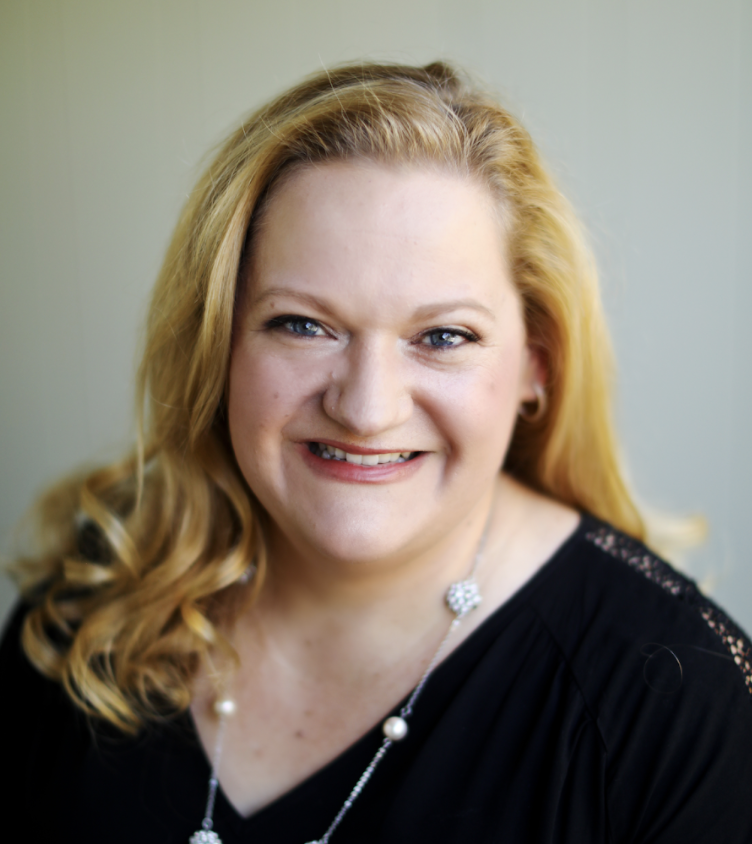Instead of a symphony of voices harmonizing, choir class this year largely consists of students’ mouths silently opening and closing, looking more like a collection of kids in drama class trying to mimic fish gasping for air.
The students are all muted, singing their parts privately at home, while one voice remains unmuted: teacher Kristina Nakagawa, who leads the class through a new piece.
With over 19 years of experience in teaching and leading music departments and organizations, Nakagawa will be joining SHS to teach two periods of choir this year: concert choir and chamber choir. In both classes, Nakagawa will be teaching singing fundamentals and helping students rehearse, with chamber choir students being more advanced.
The previous choir teacher, Andrew Ford, departed the school in May when he was arrested and faced charges related to an alleged sexual assault on a minor between 2004-2006. Ford, 33 at the time of his arrest, had worked as the school’s choir director since 2014.
Nakagawa, who holds a bachelor’s degree in vocal performance from UC Irvine and a masters in choral conducting from San Jose State, has a long history with music, learning piano at a young age and participating in choir activities in high school.
“My whole family is musical,” Nakagawa said. “My dad sings, my mom sings also. It was always a part of our home.”
Before transferring to SHS, Nakagawa worked with community choirs in the area for the past 10 years. She also has experience teaching elementary school — having taught for eight years at Pine Woods Elementary — and teaching in college, as she spent one semester at San Jose State University.
For some in the returning choir ensemble, who have already become experienced with the online environment in the spring, the transition to a new school year hasn’t been bad.
“We mute ourselves and sing along with the teacher [over Zoom],” said Akshar Sarvesh, a senior who is taking chamber choir this year and is a section leader in choir. “We’re learning music in class the same way normally did [in the spring].”
For students in concert choir, however, it will likely be the first time they have ever learned to sing over Zoom.
Nakagawa foresees the greatest challenge this year to be bonding with her students due to the highly interactive nature of choir performances, which requires a certain degree of a connection between singers and the teacher.
To address those difficulties, Nakagawa mentioned that the majority of the first couple weeks would be centered around ice breakers and getting to know each other. She plans to lead virtual concert performances, which can be livestreamed to family members and friends.
Nakagawa also said that due to the digital nature of the current school year, students will have an opportunity to spend more time on individual skills. For example, Nakagawa plans on teaching topics like music theory, ear training and musicianship to her students this year, allowing students to dive into music on a more technical level.
“These lessons all happen along the way when you’re preparing for a performance, but you wouldn’t really dedicate specific class time for it in the past,” said Nakagawa.
As for choir performances, Nakagawa envisions students independently recording their parts, and sending them all in, where the individual recordings will be stitched together into a final product, which can be played back to listeners.
Sarvesh said that although practices were different, he was looking forward to getting to know Nakagawa.
“We all are following what she says with an open mind and we are excited to be working with her this year,” said Sarvesh.
























